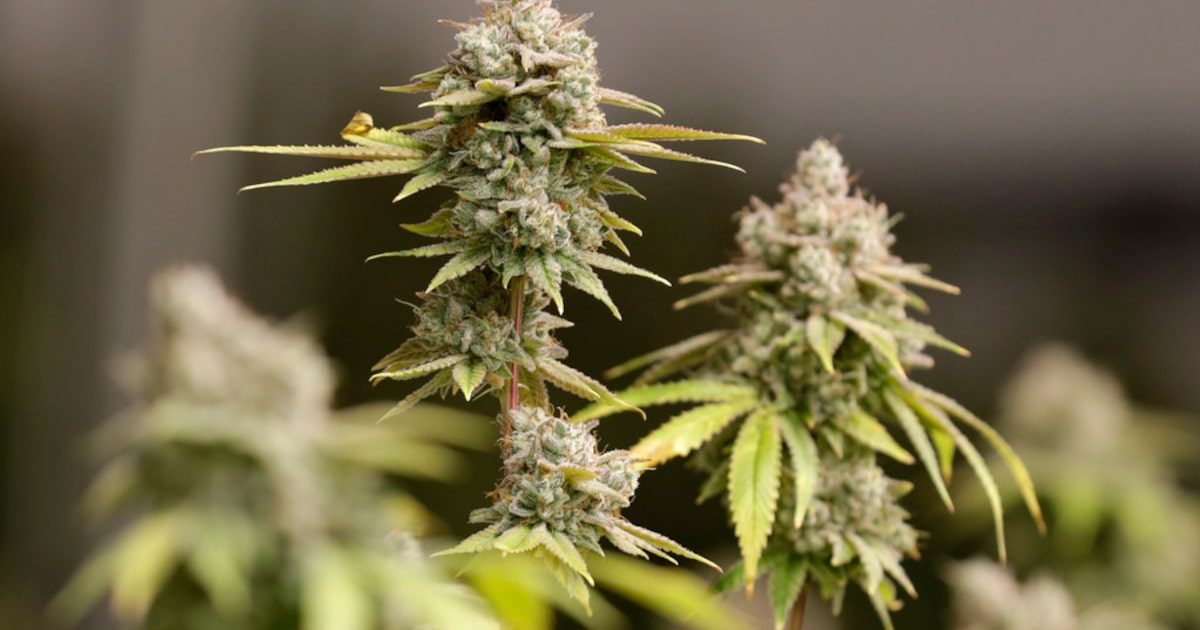A combination of legal loopholes and poor regulation have fueled a budding marijuana market in a state where it’s generally illegal. How’s that? Well, the difference between legal hemp and illegal marijuana is just a question of how much THC is in each. Often, legal hemp businesses are selling what amounts to marijuana.
And that’s to say nothing of synthetic marijuana-like products you can find at the convenience store.
Many of the products you can find on gas station and smoke shop shelves are untested and the health risks they pose are poorly understood. That’s why it’s understandable that Lt. Gov. Dan Patrick has been on a warpath to get the stuff banned altogether.
But so many hemp businesses have taken root across the state under current law that it would be nearly impossible to enforce such a policy, not to mention that it could carry unintended consequences. Last year, we argued that “lawmakers can come up with more measured solutions through better regulation of the industry.”
A Texas House committee has done just that, and we urge lawmakers to advance the new version.
Senate Bill 3, filed by Sen. Charles Perry, R-Lubbock, originally took the approach Patrick has favored: a total ban on intoxicating hemp products. The House State Affairs Committee recently unanimously passed a modified version of the bill that seeks to regulate instead.
In 2019, Texas legalized the farming and commercialization of hemp containing less than 0.3% of delta-9 tetrahydrocannabinol or THC, the psychoactive ingredient in marijuana.
But there’s never been serious oversight to ensure manufacturers and sellers follow that rule. Plus, unregulated THC variants have allowed many sellers to skirt the law. Texas Monthly last year reported on the easy availability of potent marijuana.
The House version of the bill would make provisions for lab licensing, require testing for THC content and the presence of other harmful chemicals like heavy metals, and add penalties for falsifying tests.
It would ban most forms of smokable hemp products, like vapes, but continue to allow regulated beverages and edible products. Tinctures would be capped at 2.5 milligrams of THC per one-milliliter serving. Other consumables would be capped at 10 milligrams per serving.
The House committee version would require that the products be sold by specialty hemp retailers, banning them from gas stations and vape shops.
As with alcohol, counties would be allowed to be “dry” and ban the products from being sold, adding an element of local control.
Taxes on these products would be divvied up. Half would go to the TABC, a quarter to accredited crime labs and the last quarter to opioid and narcotic law enforcement efforts.
The marijuana industry is one we would prefer not to have, but here we are. The drug is popular, with 24 states allowing it recreationally and 38 allowing it for medical use.
The House version of SB 3 offers a workable regulatory framework that strikes a balance between a ban and the high Wild West.
submit your letter here.
letters@dallasnews.com.


